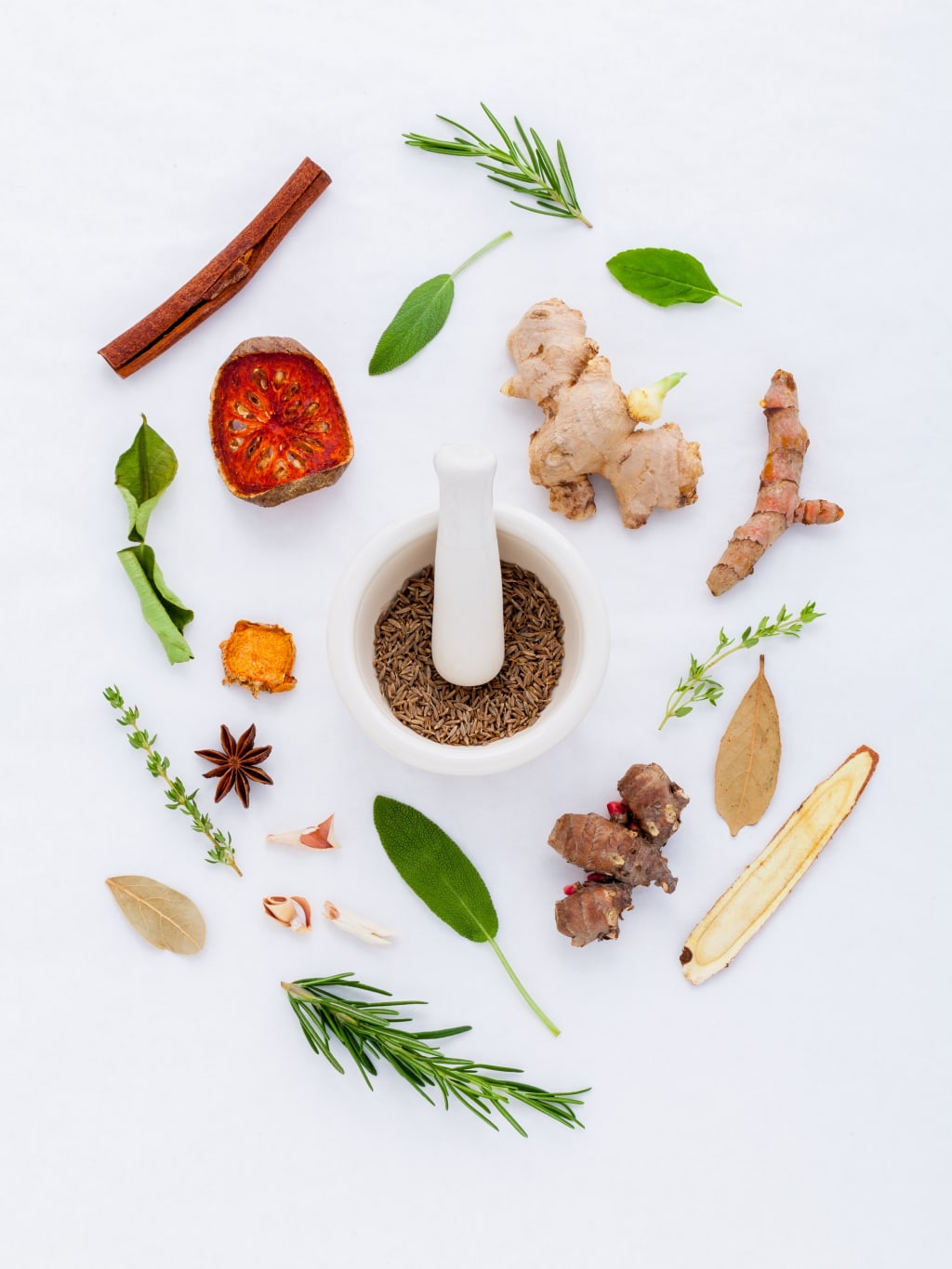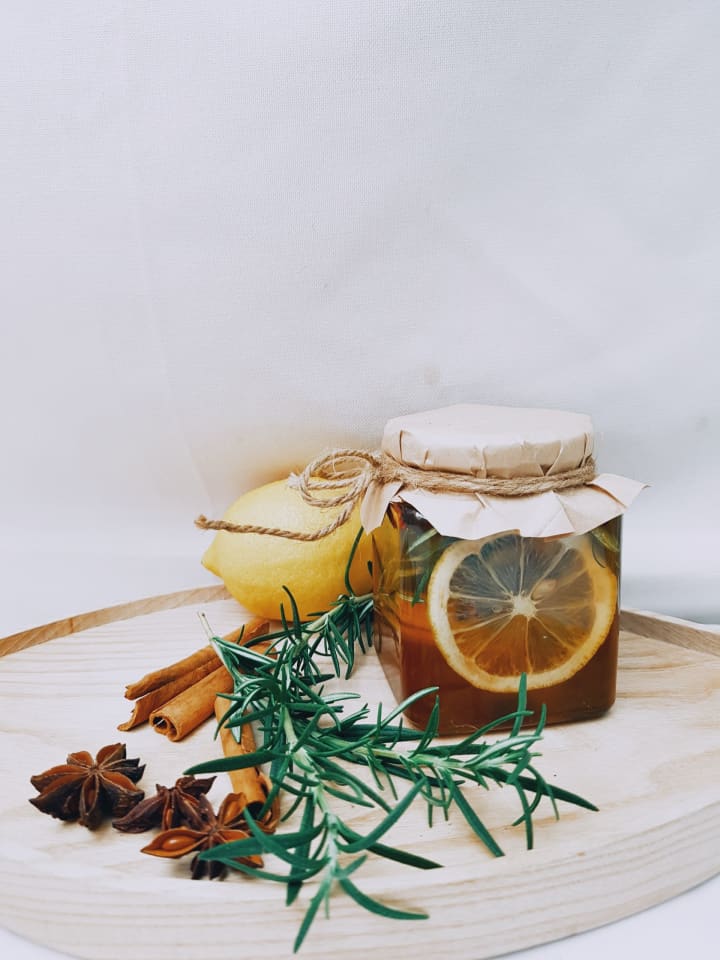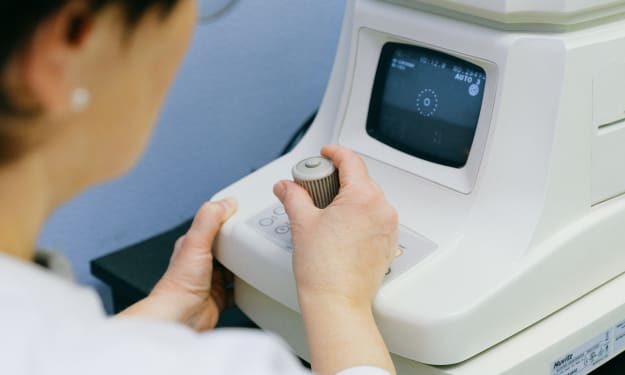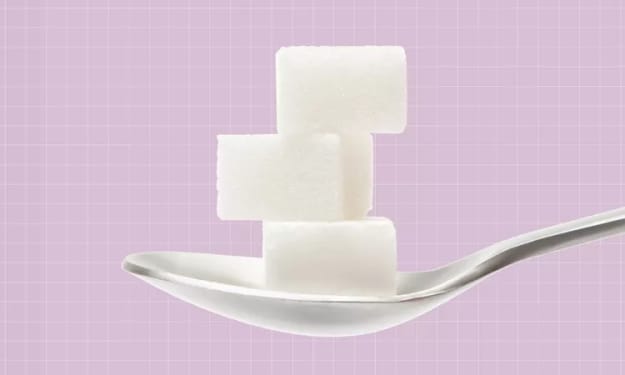How To Balance Hormone Naturally: Using Herbs To Treat Menopause Symptoms
menopause

Menopause is a normal part of a woman’s life that happens when she stops being able to have children. During this time, the body goes through big changes in hormones, especially a drop in estrogen and progesterone. These changes in hormones can cause a wide range of symptoms, such as hot flashes, night sweats, mood swings, trouble sleeping, and dry vaginal tissue. Hormone replacement therapy (HRT) is a popular way to treat menopausal symptoms, but some women would rather try something else. Herbs have been used for a long time as natural ways to help balance hormones and ease the symptoms of menopause. In this article, we’ll talk about how herbs can help control hormones during menopause and give an overview of some herbs that are often used for this reason.
HERBS THAT CAN HELP YOU TO MANAGE HORMONES DURING MENOPAUSE
Black Cohosh (Cimicifuga racemosa)
Black Cohosh (Cimicifugaracemosa) is a flowering annual plant that has been used to treat menopause symptoms naturally for hundreds of years. Black Cohosh can help with hormones during menopause in the following ways:
Helping with hot flashes and night sweats: Black Cohosh is more successful at helping with hot flashes and night sweats than other herbs.
Lessening pain and tiredness: During menopause, Black Cohosh can help lessen pain and tiredness and improve your happiness.
Black cohosh may be a safe and successful alternative to hormone replacement therapy (HRT) for women who can’t or won’t take HRT for menopause.
From a medical point of view, Black Cohosh has phytochemicals that help older women who are having trouble with menopause.
Black Cohosh (Cimicifugaracemosa) has a number of chemicals that may help with menopause symptoms. Triterpene glycosides, like actein, cimicifugoside, and 27-deoxyactein, and phenolic compounds, like caffeic acid derivatives, isoferulic acid derivatives, and fukinolic acid derivatives, are some of these compounds.
Dong Quai (Angelica sinensis)
Angelica sinensis is a herb in the family Apiaceae. It is also called dong quai or female ginseng. Parsley, carrots, celery, and cilantro are also plants that belong to this group.
Dong quai grows best in cooler temperatures and is usually found in China, Japan, and Korea’s mountainous areas.
This plant has been an important part of Chinese medicine for hundreds of years. In the past, it was used to treat everything from sadness to diarrhea. Most of the time, it is used today to help balance hormones and ease menstrual symptoms.
This angelica herb is good for your health in part because it contains coumarin, which is a natural substance found in many plants. It also has plant chemicals like ferulic acid and phytosterols that are good for you.
Roots of dong quai are often used to make a tasty vegetable tea. It tastes strong and bitter, kind of like anise.
Most of the time, it comes in the form of a pill, but it can also be found as a liquid extract or in dong quai tea. For the most benefits, dong quai is often mixed with other herbs like black cohosh or vitex.
When buying vitamins, look for a brand with a good reputation and read the label to make sure there aren’t too many extra ingredients or fillers.
Dong quai has coumarin, which is one of the main ingredients in medicines like Warfarin that thin the blood. If you take Warfarin or another drug that thins your blood, taking dong quai may make you more likely to bleed.
You should also be careful about mixing dong quai with other natural blood thinners like ginger, gingko, or garlic. Taking dong quai with these other medicines could make you more likely to bleed or get bruises.
Red Clover (Trifolium pratense)
Red clover (Trifolium pratense) is a wild flowering plant that has isoflavones, which are a type of phytoestrogen that can slightly act like estrogen in the body.
.Red clover might help with menopause-related hormones by reducing hot flashes.
.A meta-analysis of randomized controlled studies found that red clover isoflavones may help peri- and post-menopausal women with hot flashes and other menopausal symptoms.
.Red clover has been used in traditional medicine to treat asthma, whooping cough, arthritis, menopause symptoms, and even cancer.
.But there is no clear evidence yet that taking red clover supplements will make menopause symptoms better.
.Because of this, it is best to talk to a doctor before using Red Clover to control hormones linked to menopause.

Maca (Lepidium meyenii)
Maca is a root vegetable that comes from the Peruvian Andes. It is known to help keep hormones in balance, which can help relieve symptoms like hot flashes, mood swings, and tiredness. Maca is also thought to help increase energy and libido.
Maca is thought to have adaptogenic qualities, which means it helps the body deal with stress and keep hormone levels in check. It is thought to help the cells that make hormones, which are part of the endocrine system.
By promoting hormonal balance, maca may help relieve menopause symptoms like hot flashes, night sweats, mood swings, and tiredness, which are caused by changing hormone levels.
Estrogen-like effects: Phytoestrogens are plant chemicals that are found in maca. These chemicals have the same structure as estrogen and can bind to estrogen receptors in the body to have mild estrogenic effects.
During menopause, estrogen levels drop. The phytoestrogens in maca may help make up for this drop and lower symptoms of estrogen deficiency, such as dryness in the vaginal area and bone loss.
Energy and mood boosters: During menopause, people often feel tired, have low energy, and have mood swings. Maca is thought to have properties that boost energy and happiness, which can help relieve these symptoms. It may help the adrenal glands work better, which controls how much energy you have and how you react to stress.
Sage (Salvia officinalis)
Sage (Salvia officinalis), a common herb used in cooking, has been used for centuries because it has medicinal qualities, such as the ability to help balance hormones during menopause. Even though there isn’t much scientific study on how sage affects menopause, it is thought to help regulate hormones in a number of ways.
Sage has chemicals in it called phytoestrogens. These are plant-based chemicals that act like estrogen in the body.
Phytoestrogens can help make up for the drop in estrogen that happens during menopause by binding to estrogen receptors and having mild estrogenic effects. This might help with menopause signs like hot flashes, night sweats, and dryness in the genital area.
Hot flashes are typical and annoying signs of menopause. Sage has been used for a long time to reduce how often and how bad hot flashes are.
Even though we don’t fully understand how it works, it is thought that sage may help control body temperature by affecting hormones that are involved in thermoregulation.
Mood changes and being cranky are often signs of menopause. Sage has been used for a long time to help settle moods and is thought to have calming effects. It might help control chemicals in the brain, like serotonin, which is important for controlling mood.
Chasteberry (Vitex agnus-castus)
Chaste berry, also known as Vitex agnus-castus or monk’s pepper, is a herb commonly used during menopause to modulate hormones. In traditional medicine, it has been used for centuries to treat numerous hormonal imbalances.
Although research on chaste berry’s effects on menopause is limited, it is believed to offer a number of potential hormone-regulating benefits. The following describes how chaste berries may aid during menopause:
Adjusting hormone levels: The pituitary gland, which produces hormones that regulate the menstrual cycle, is affected by chaste berries. It is believed to increase luteinizing hormone (LH) production while decreasing follicle-stimulating hormone (FSH) secretion.
Consequently, chaste berries may help restore the estrogen-to-progesterone ratio, which can become unbalanced during menopause.
Alleviating menopausal symptoms Chaste berry may mitigate a variety of menopausal symptoms by promoting hormone balance. This includes hot flashes, night sweats, mood fluctuations, tender breasts, and irregular menstruation.
Additionally, the actions of chaste berry on the pituitary gland may help stabilize mood and reduce irritability.
Chasteberry is believed to indirectly support progesterone production, which can decrease during menopause. Progesterone is essential for maintaining hormonal balance and promoting general health. By promoting the production of progesterone, chaste berry may alleviate menopause symptoms.
About the Creator
Abby blasius
I am a passionate content creator with a strong focus on health and wellness. While my educational background lies in a Bachelor of Accounting and Finance, it is my innate desire to help people feel good about themselves in mind, body&soul






Comments
There are no comments for this story
Be the first to respond and start the conversation.